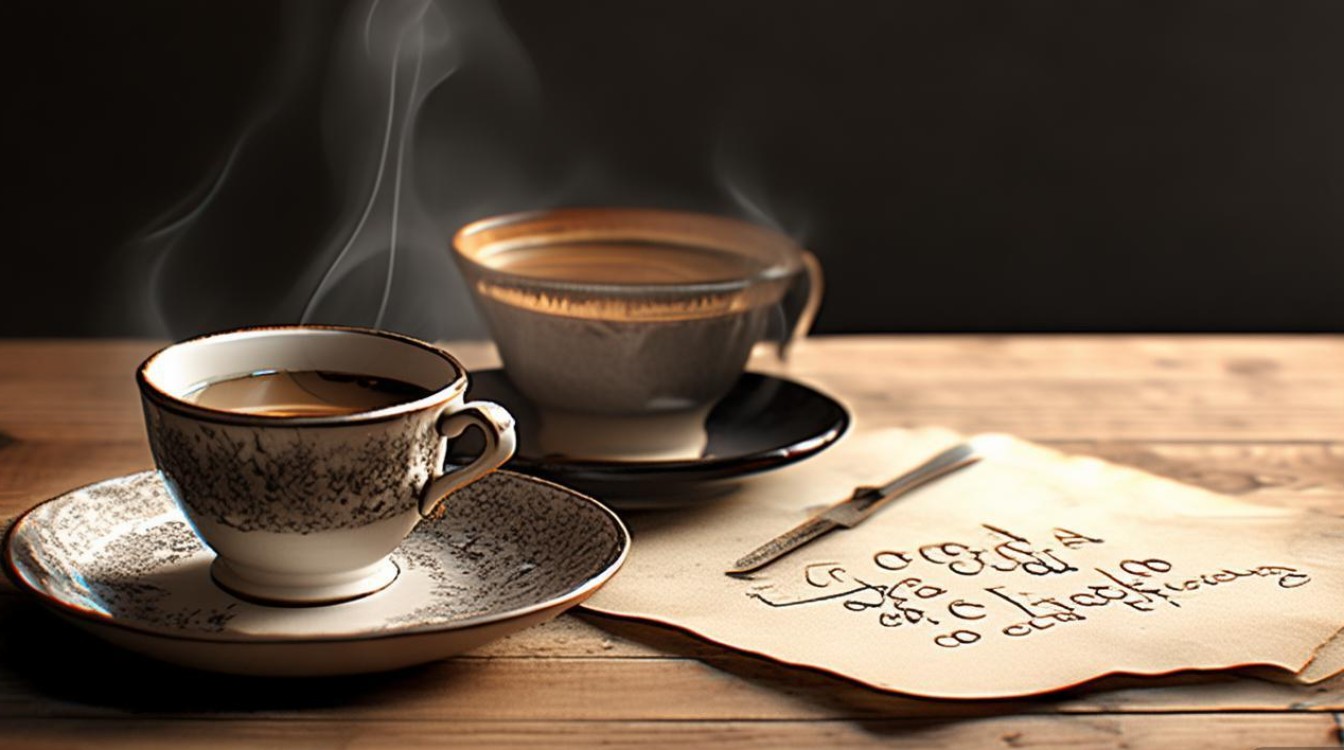Tea and Coffee: A Global Comparison in Daily Life
Tea and coffee are two of the most widely consumed beverages worldwide, each with a rich history, cultural significance, and unique appeal. While both serve as morning pick-me-ups and social lubricants, they differ in flavor, preparation, health benefits, and cultural associations. This article explores the similarities and differences between tea and coffee, their impact on daily routines, and why people often gravitate toward one over the other.

Origins and Historical Significance
Tea has a history spanning over 5,000 years, originating in China. Legend credits Emperor Shennong with its discovery when tea leaves accidentally blew into his pot of boiling water. Tea became integral to Chinese culture, spreading to Japan, Europe, and beyond via trade routes like the Silk Road. In contrast, coffee’s roots trace to 9th-century Ethiopia, where a goat herder named Kaldi noticed his goats became energetic after eating coffee berries. From there, coffee cultivation spread to the Arabian Peninsula and eventually to Europe, fueling the rise of coffeehouses as hubs of intellectual exchange.
Preparation and Consumption Rituals
The ways tea and coffee are prepared vary widely, reflecting cultural preferences.
-
Tea Preparation:
- Method: Steeping leaves or bags in hot water.
- Varieties: Green, black, oolong, herbal, and more.
- Cultural Practices:
- China: Gongfu tea ceremony emphasizes precision and appreciation of aroma.
- UK: Afternoon tea with scones, sandwiches, and milk.
- Japan: Matcha, a powdered green tea whisked into a frothy drink.
-
Coffee Preparation:
- Method: Brewing grounds with hot water using methods like drip, French press, or espresso.
- Varieties: Espresso, cappuccino, latte, cold brew, and more.
- Cultural Practices:
- Italy: Espresso as a quick, strong shot.
- Turkey: Coffee prepared in a cezve and served unfiltered.
- US: Iced coffee and pumpkin spice lattes in fall.
Health Benefits and Considerations
Both beverages offer health benefits but also have drawbacks.
| Aspect | Tea | Coffee |
|---|---|---|
| Antioxidants | High in catechins (green tea) | Rich in chlorogenic acid |
| Caffeine | Lower (20-60mg per cup) | Higher (80-100mg per cup) |
| Heart Health | Linked to reduced risk of stroke | May lower risk of heart disease |
| Sleep Impact | Less likely to disrupt sleep | Can cause insomnia if consumed late |
Tea is often praised for its calming properties, while coffee is valued for its energy-boosting effects. Herbal teas, like chamomile, are caffeine-free and aid relaxation, whereas coffee’s higher caffeine content makes it a favorite for productivity.
Cultural and Social Roles
Tea and coffee are more than beverages—they are social catalysts.
- Tea: In many Asian cultures, tea symbolizes hospitality and mindfulness. Tea ceremonies in Japan and China emphasize mindfulness and respect. In the UK, tea breaks are a daily ritual, fostering camaraderie in workplaces.
- Coffee: Coffeehouses have historically been centers of social interaction. From 17th-century European salons to modern coworking spaces, coffee fuels conversations and collaboration. In Italy, espresso bars are quick stops for socializing, while in the US, coffee shops serve as third places between home and work.
Flavor Profiles and Pairings
Tea and coffee cater to different taste preferences.
- Tea Flavors:
- Green Tea: Fresh, grassy, or nutty.
- Black Tea: Bold, malty, or fruity.
- Herbal Tea: Floral, spicy, or earthy.
- Coffee Flavors:
- Light Roast: Bright, acidic, and fruity.
- Dark Roast: Bold, smoky, or chocolatey.
- Pairings:
- Tea pairs well with pastries, scones, and light meals.
- Coffee complements chocolate, desserts, and hearty breakfasts.
Why Choose One Over the Other?
Preferences often depend on occasion, mood, or health goals:
- Morning Boost: Coffee’s higher caffeine content makes it ideal for waking up.
- Relaxation: Tea’s lower caffeine and calming herbs suit unwinding.
- Health Focus: Tea’s antioxidants may appeal to wellness enthusiasts, while coffee’s metabolism-boosting effects attract fitness lovers.
FAQs
Is tea healthier than coffee?
Both offer unique health benefits. Tea is rich in antioxidants and may reduce stress, while coffee can enhance mental alertness and physical performance. The "healthier" choice depends on individual needs—those sensitive to caffeine may prefer tea, while others benefit from coffee’s energy boost.
Can tea and coffee be consumed together?
Yes! Some enjoy a cup of tea after coffee to balance caffeine effects. Alternatively, beverages like London Fog (a tea-based latte) combine the best of both. However, moderation is key to avoiding overstimulation.
In conclusion, tea and coffee each hold a special place in global culture, offering distinct experiences that cater to diverse tastes and lifestyles. Whether you savor a delicate cup of oolong or a robust espresso, both beverages continue to unite people across the world.











